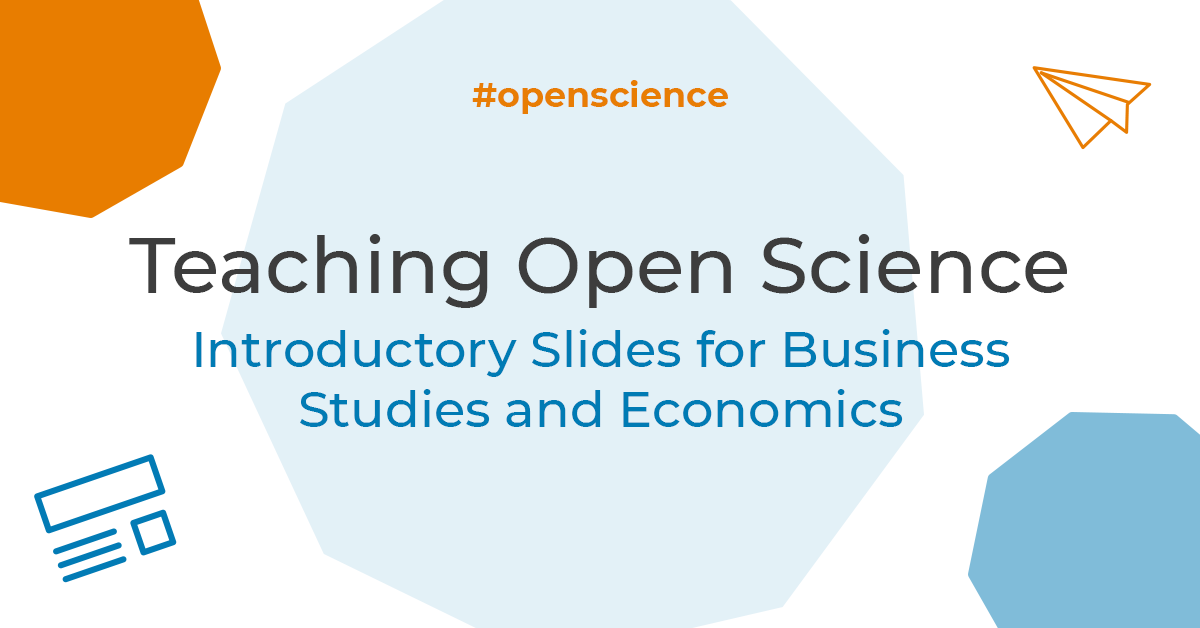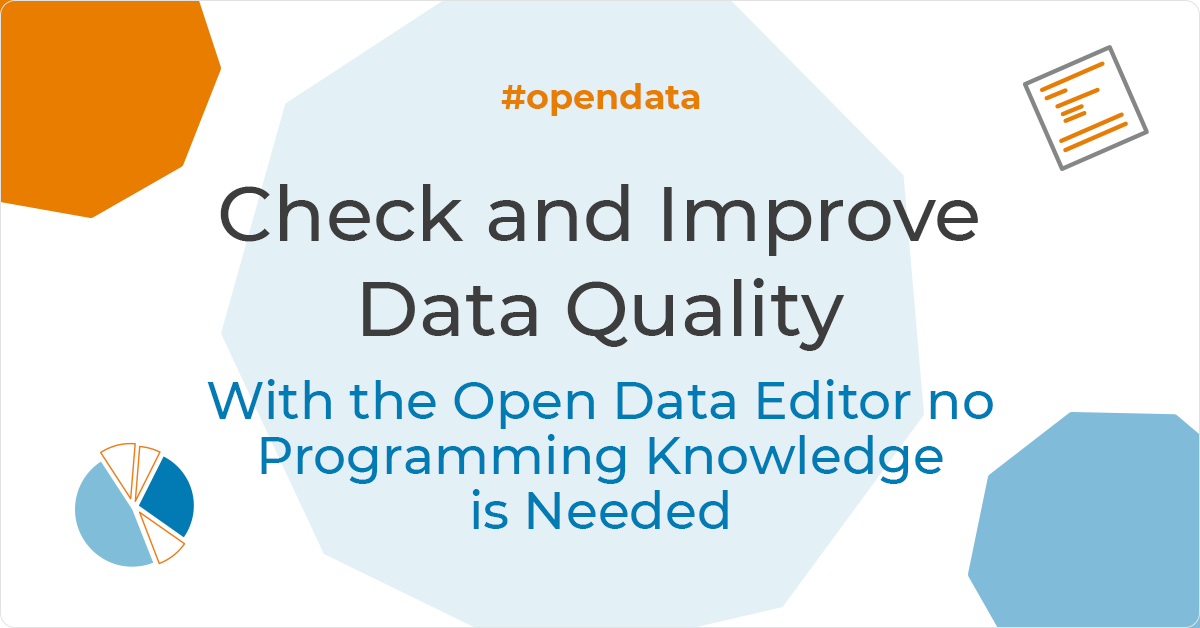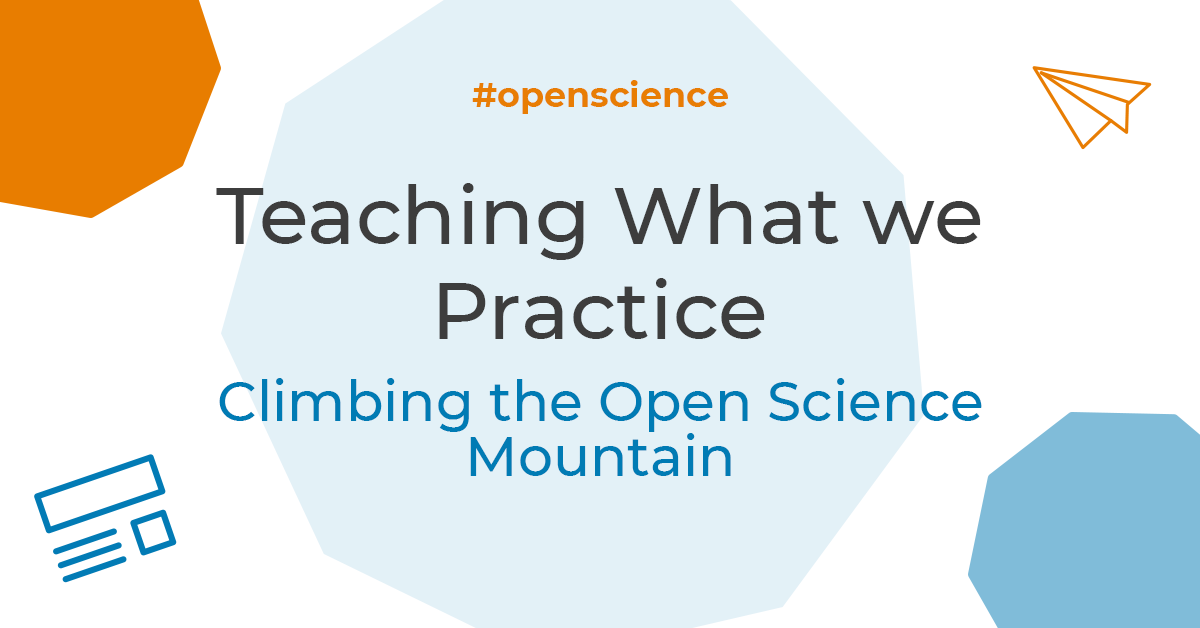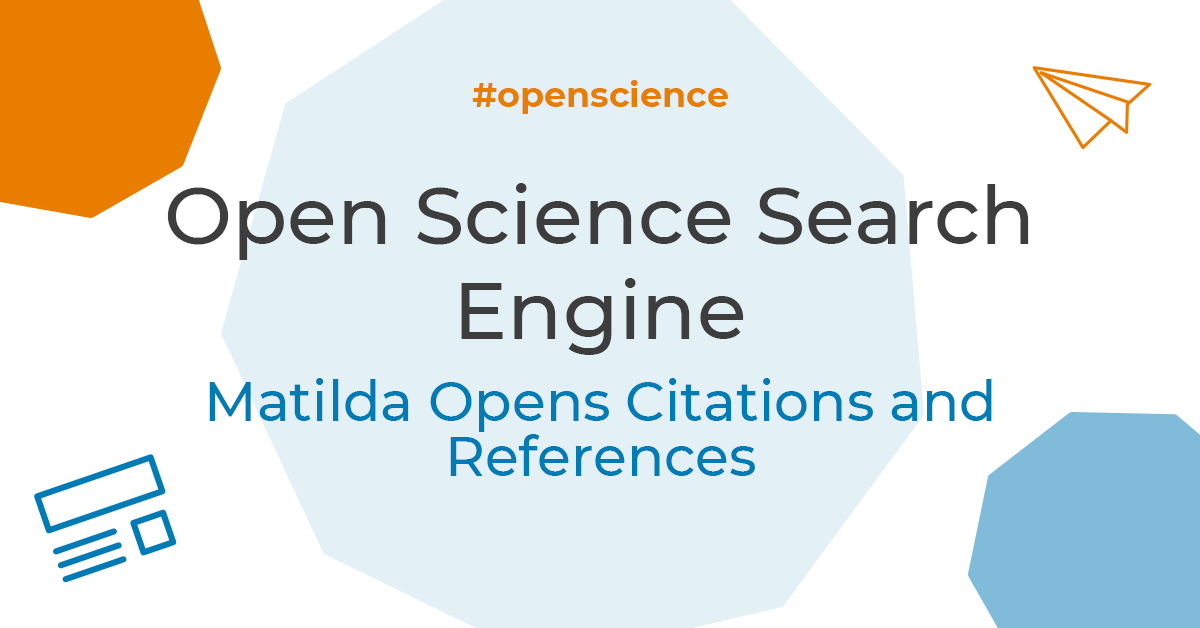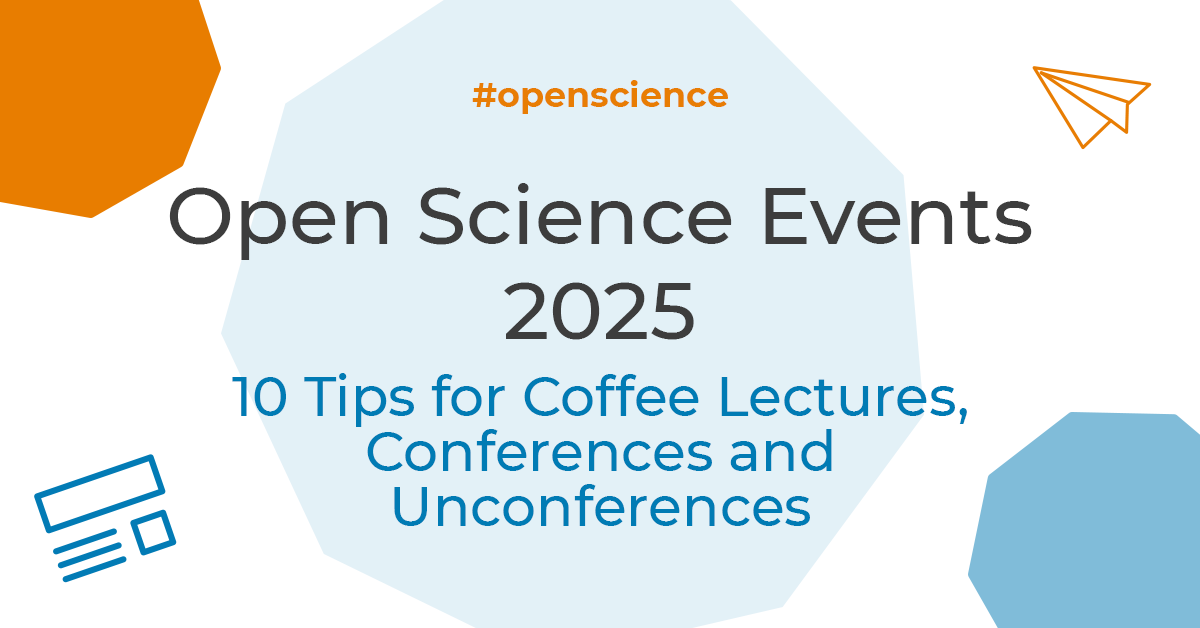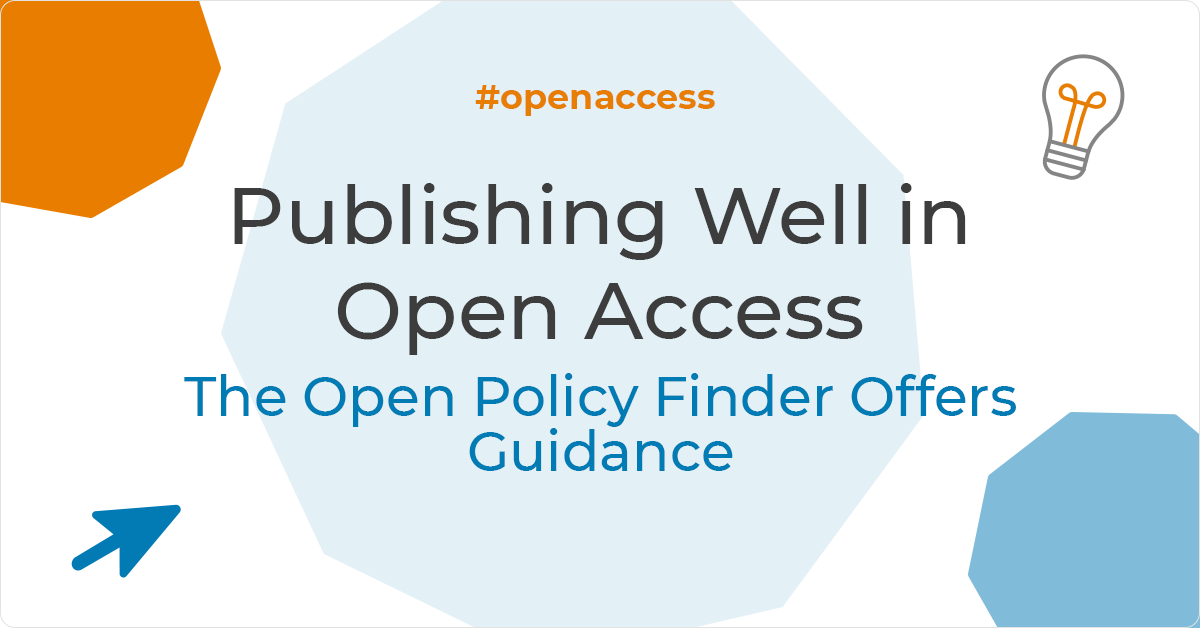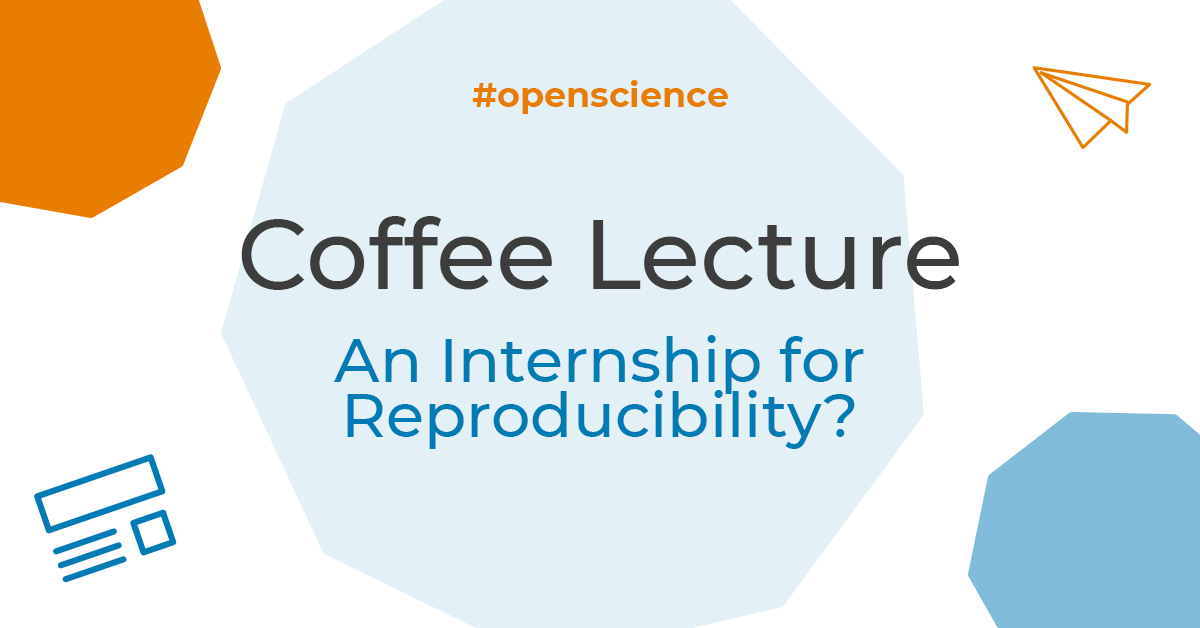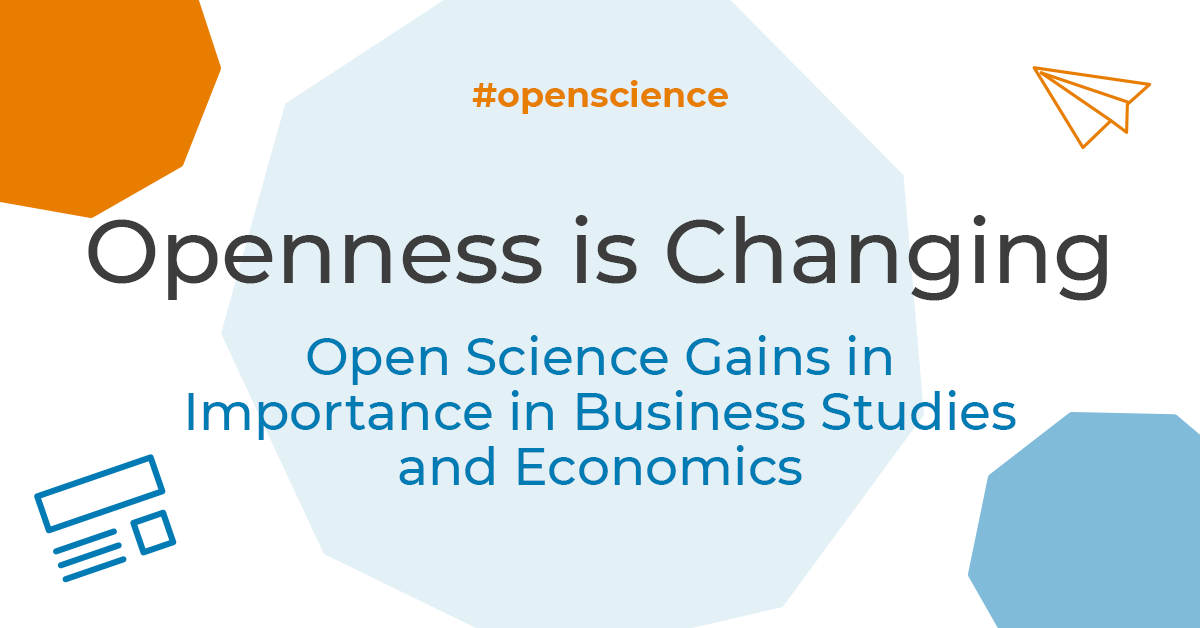Teaching Open Science: Introductory Slides for Business Studies and Economics
How can Open Science be embedded in business studies and economics education? In order to support lecturers in teaching knowledge about Open Science to young researchers, the ZBW is offering a new set of introductory slides in the Open Economics Guide for reuse. The slides are specifically tailored to business studies and economics and include a compact and comprehensible introduction to the central concepts, advantages and practical implementation options of Open Science – ideally suited for use in doctoral programmes. Open Science helps researchers to make academic work more transparent, collaborative and effective. However, the knowledge required for this must […]
